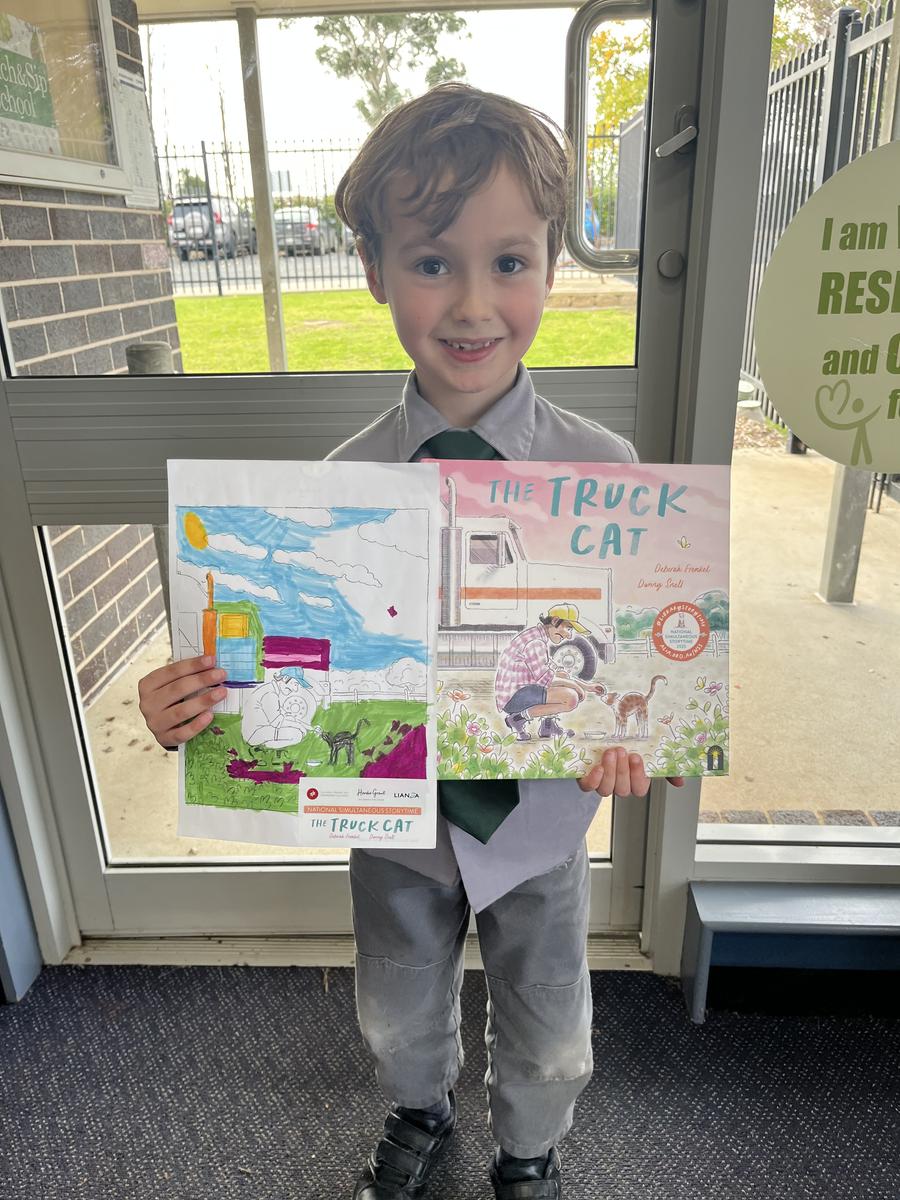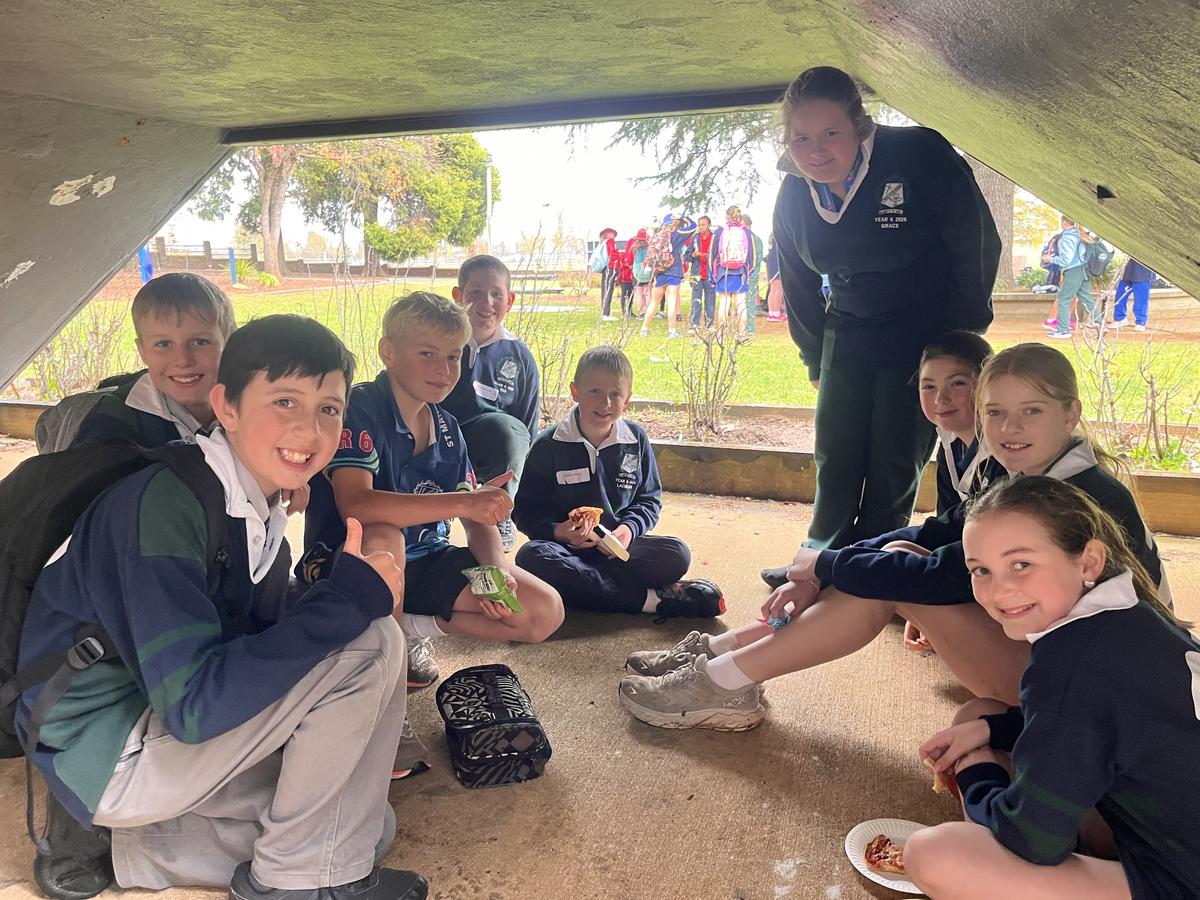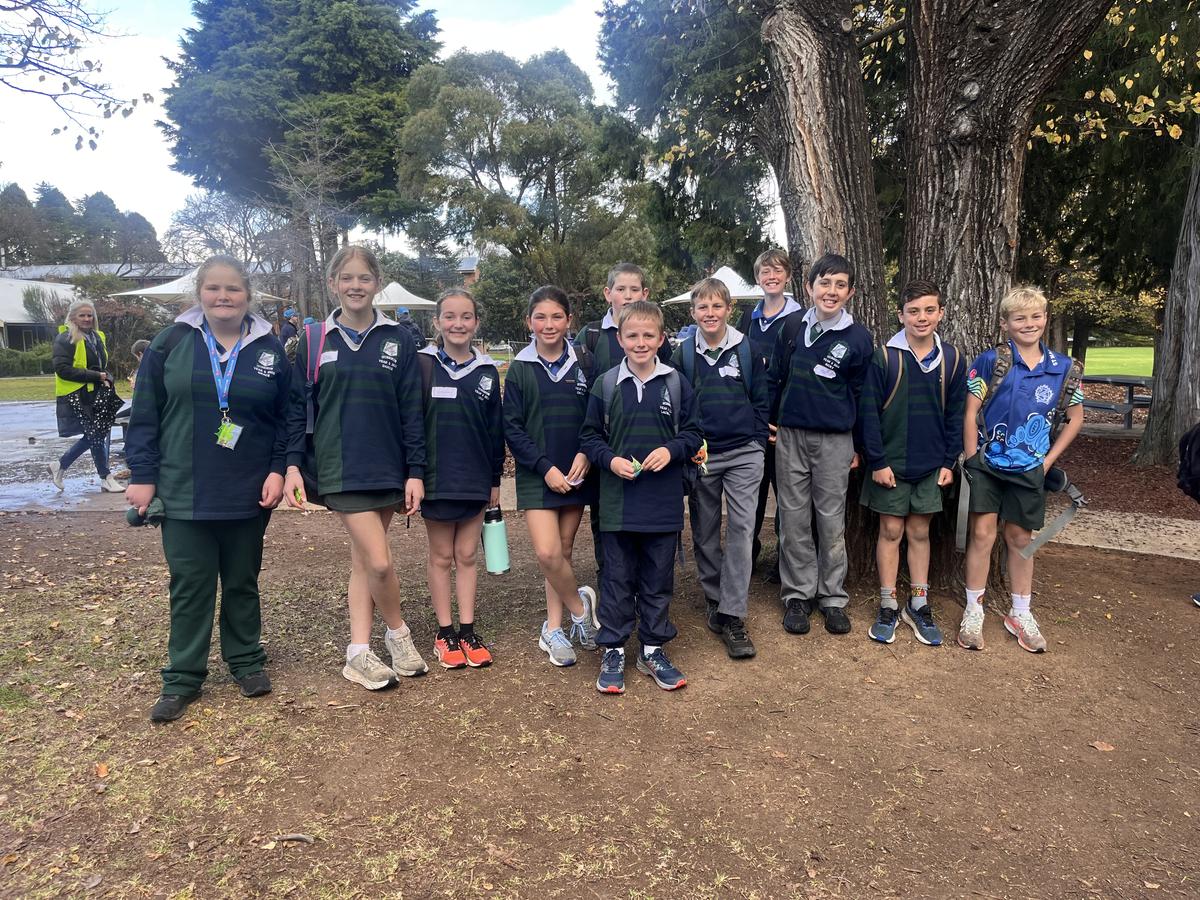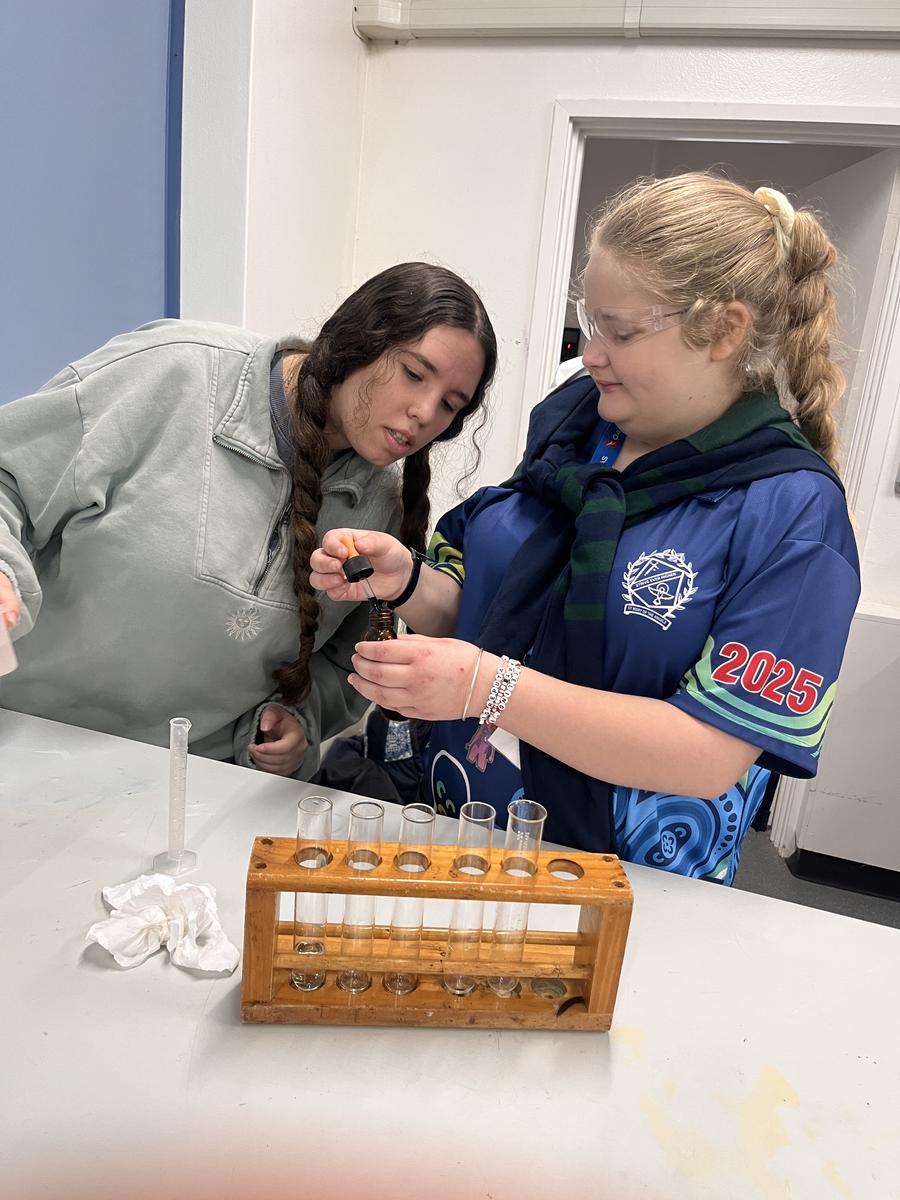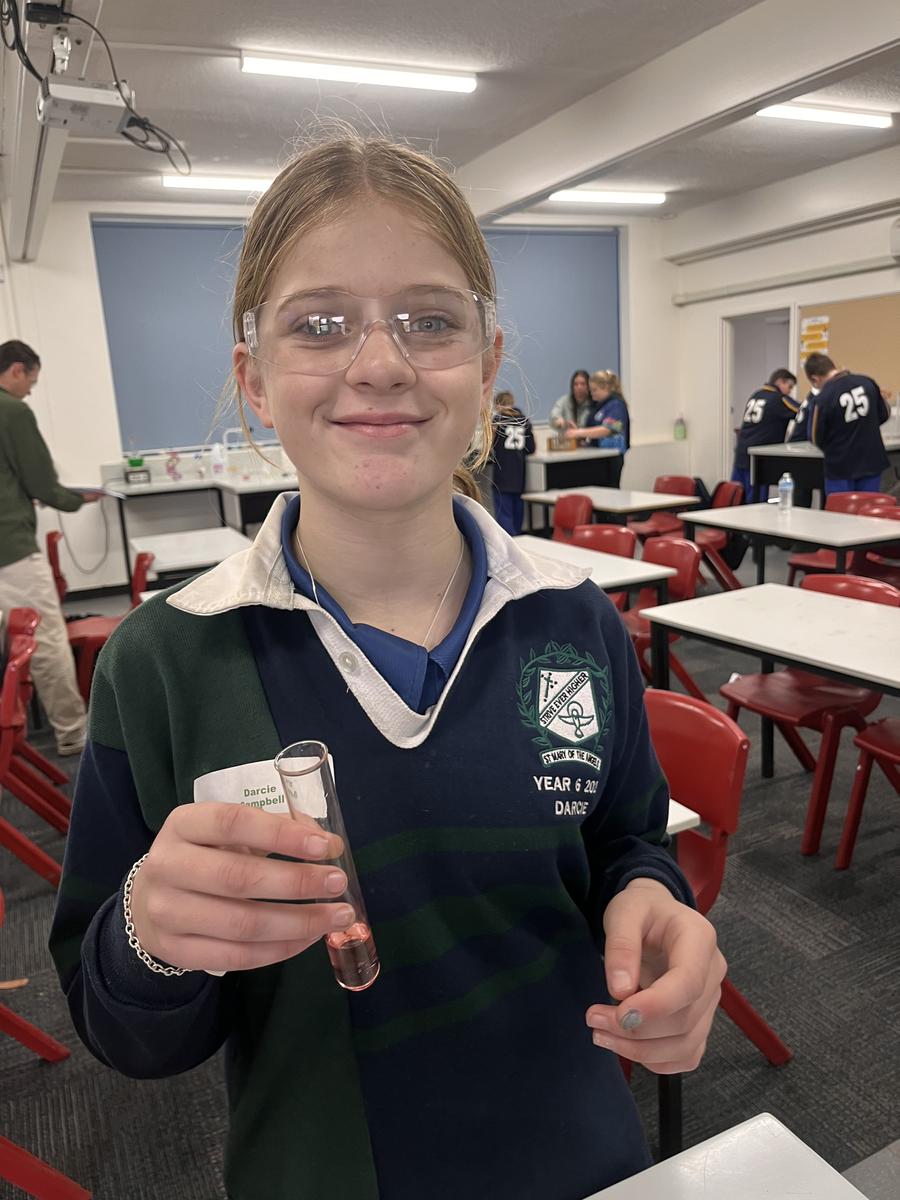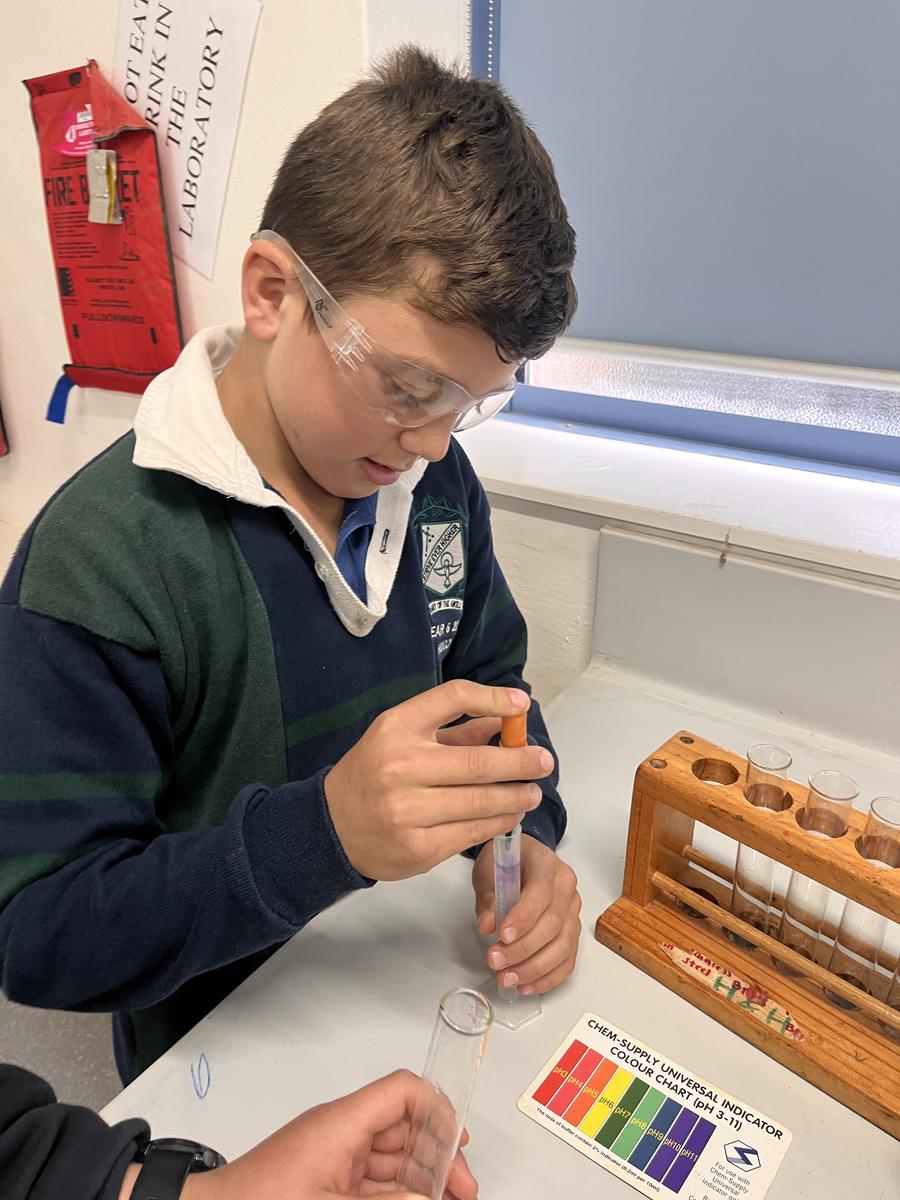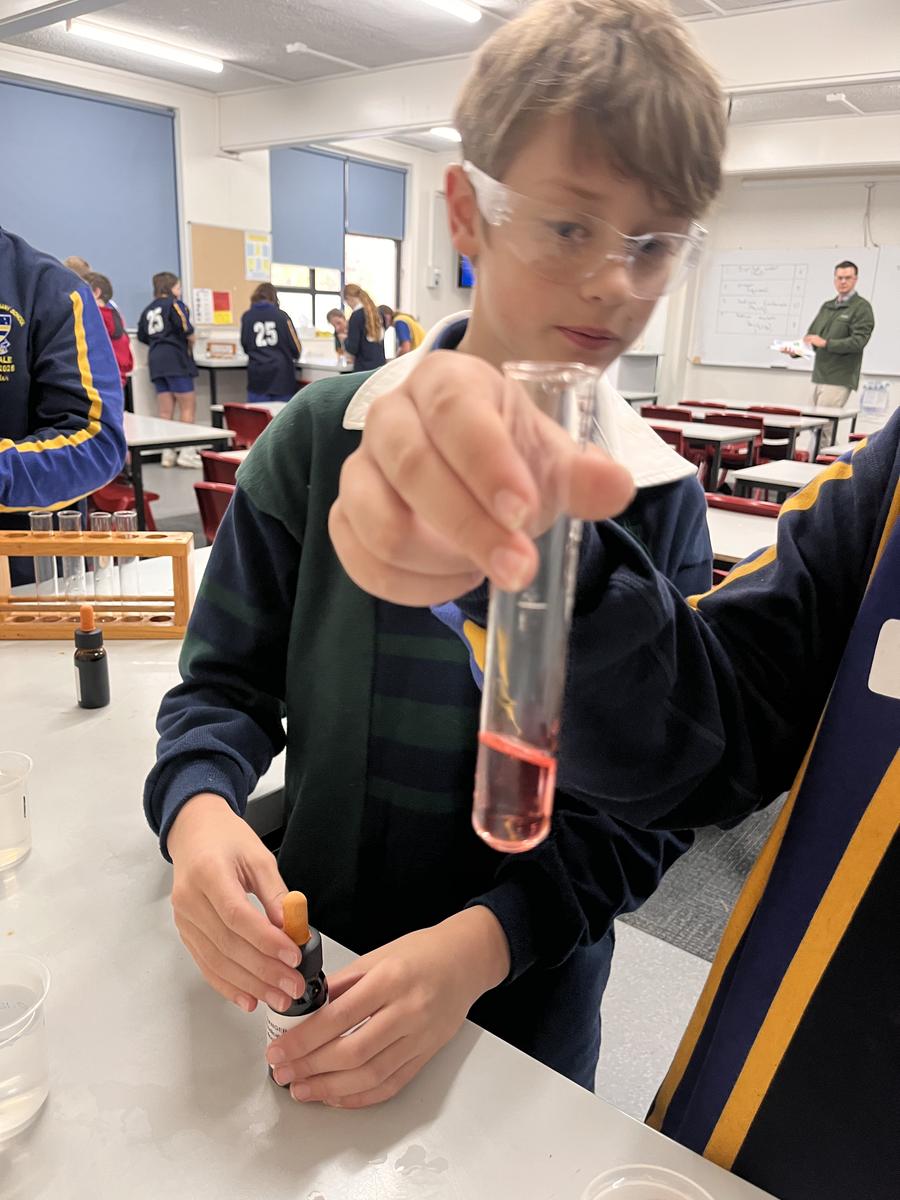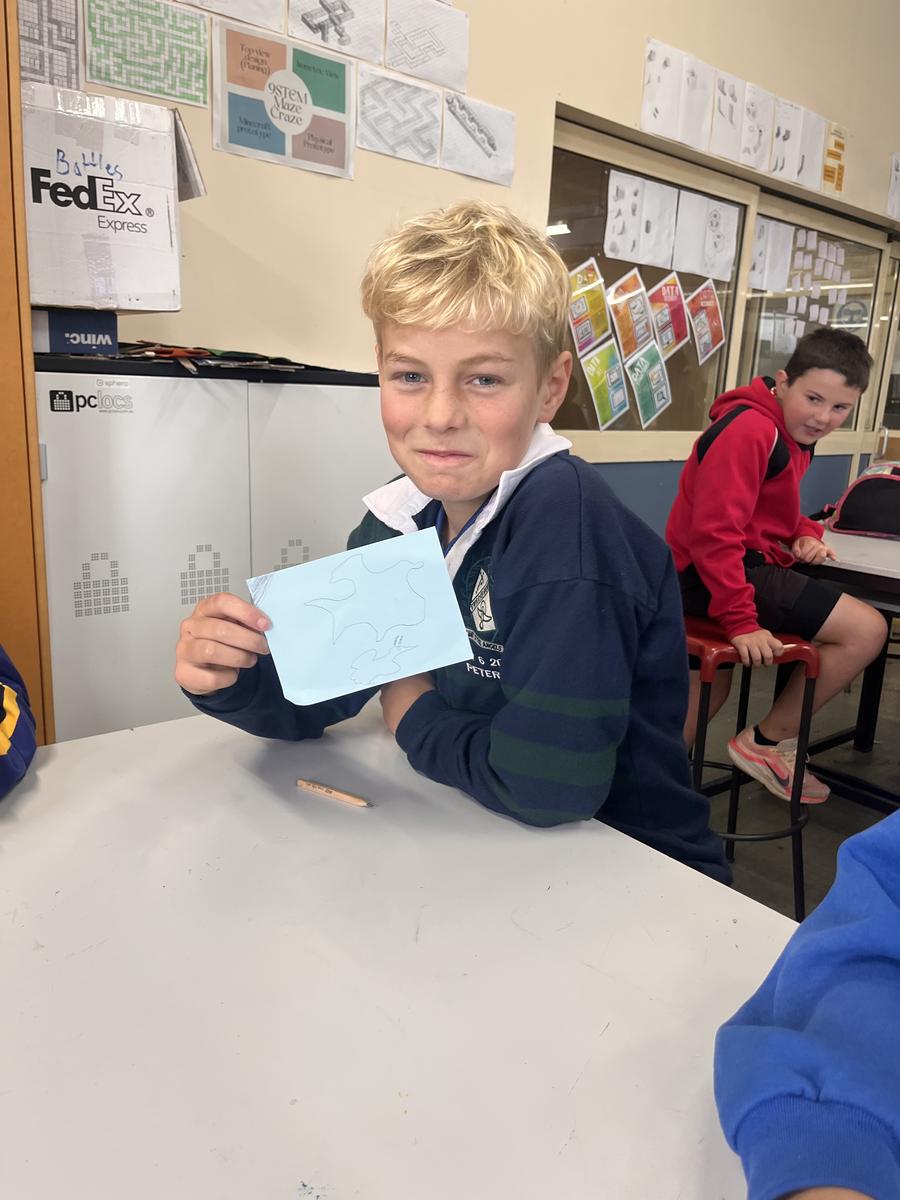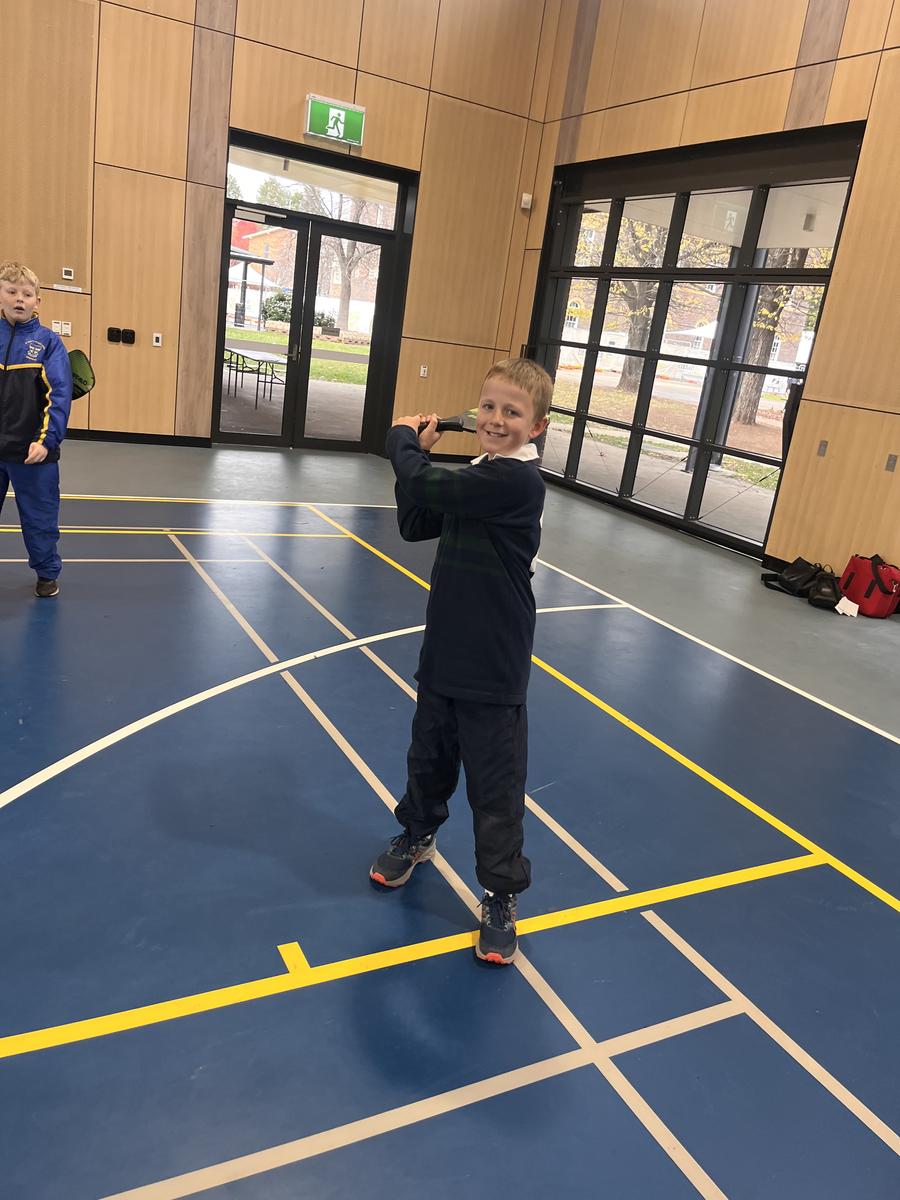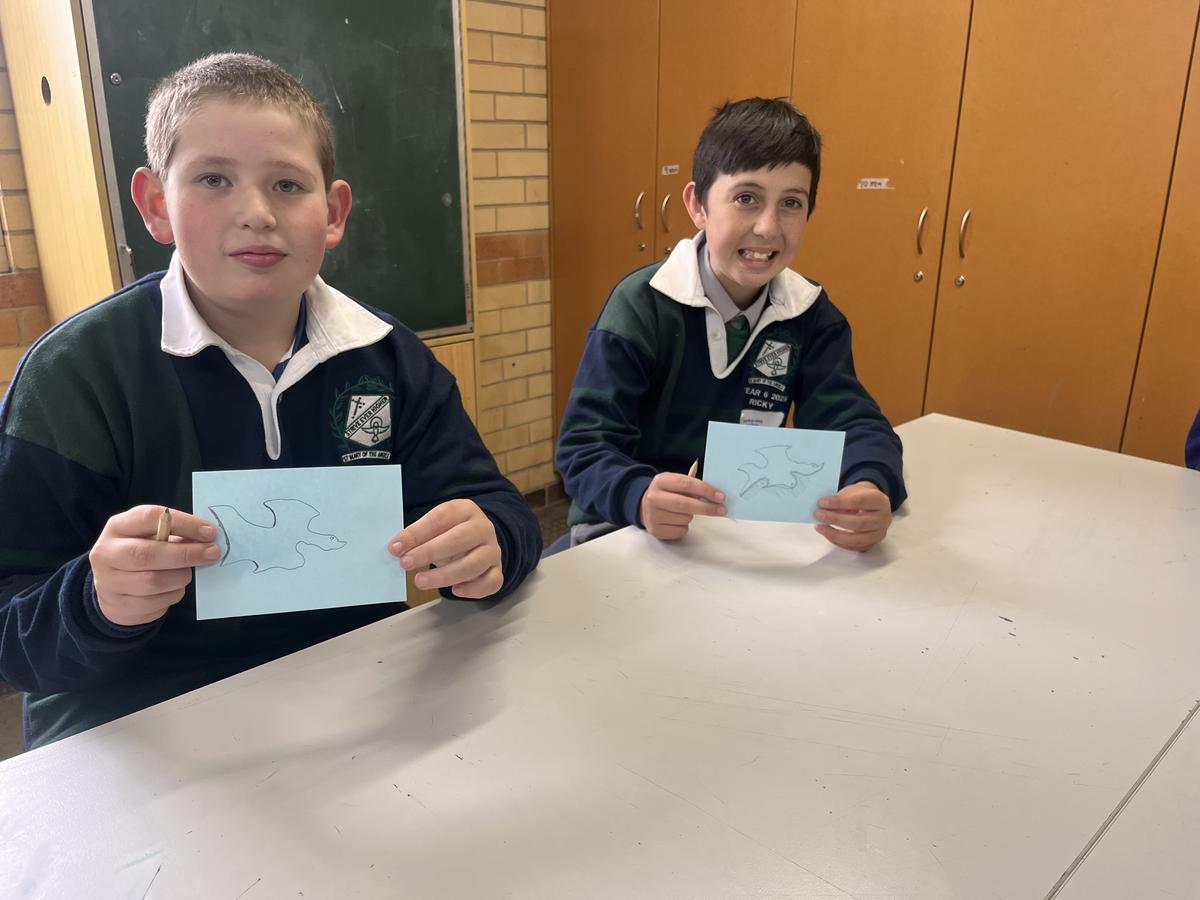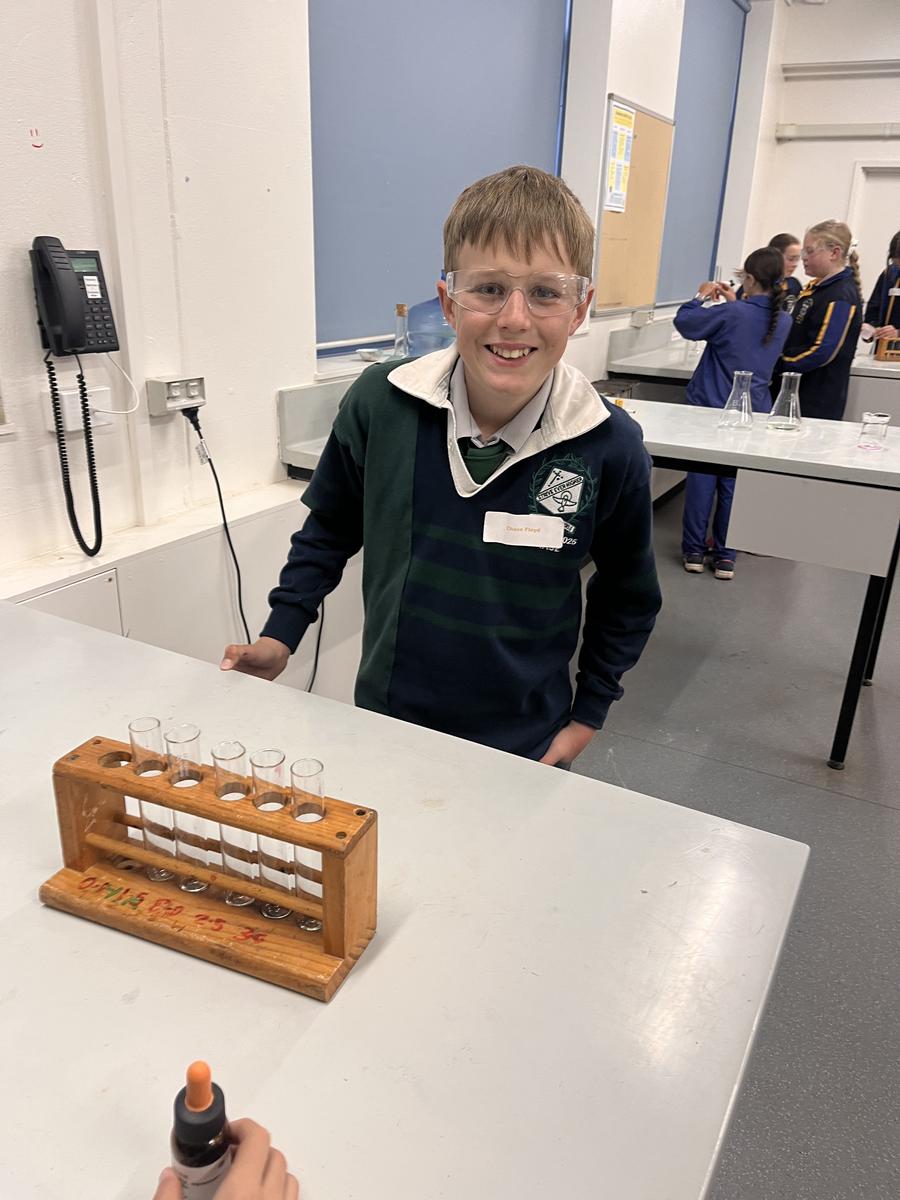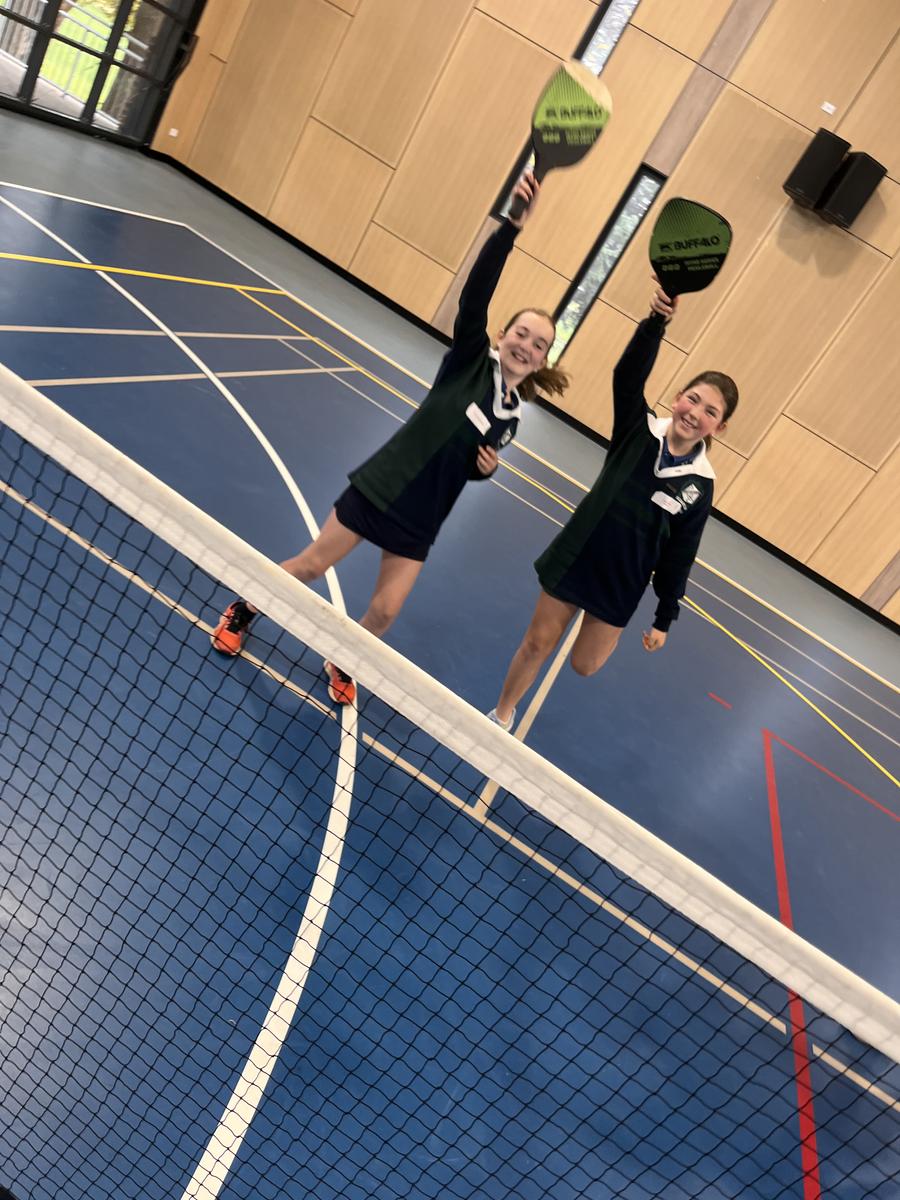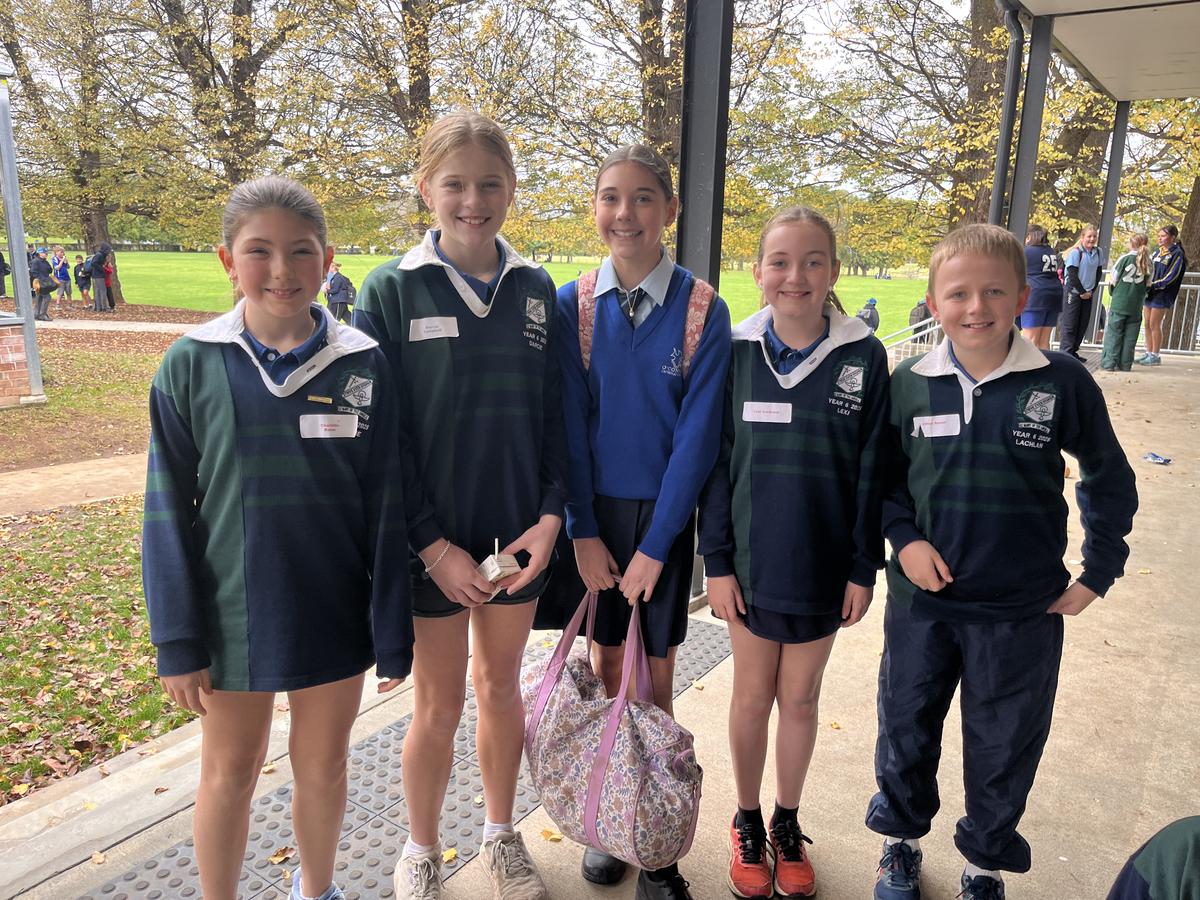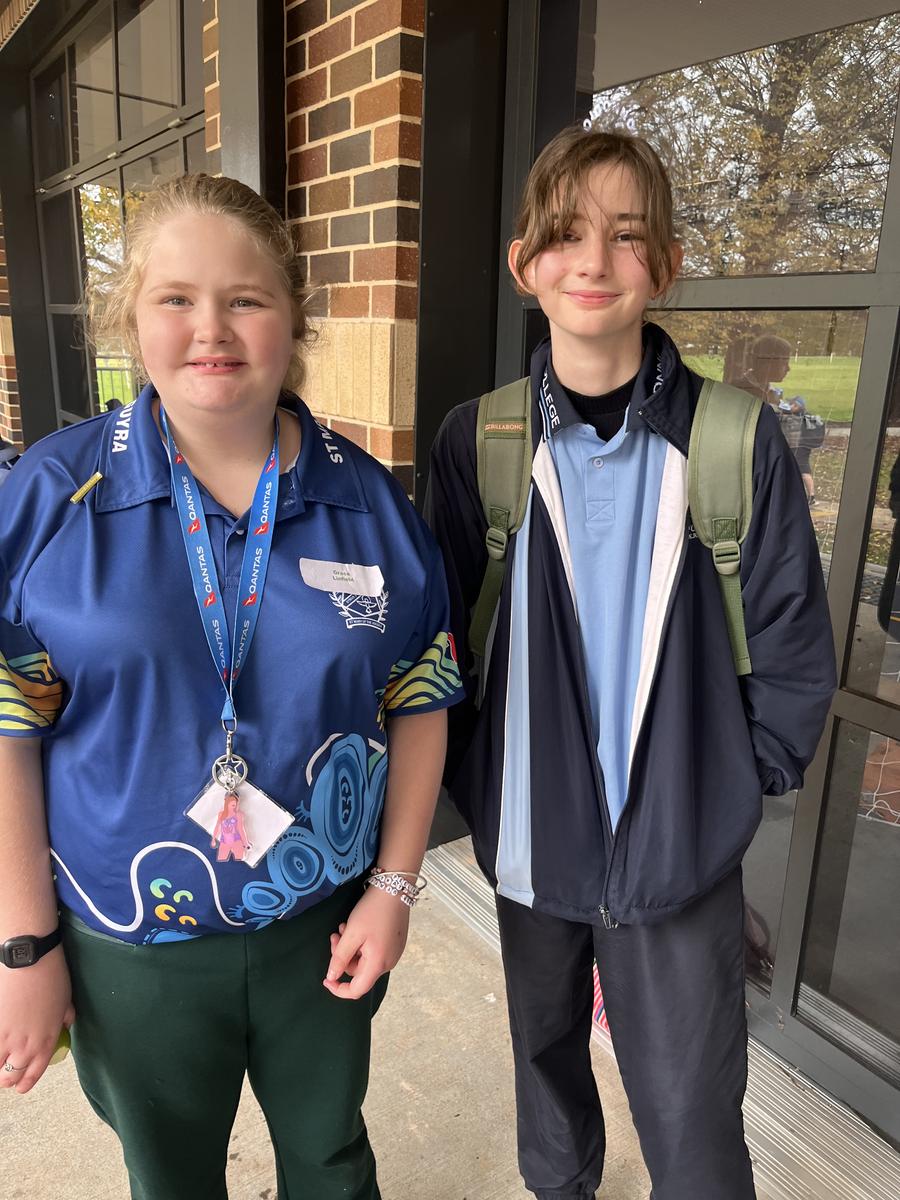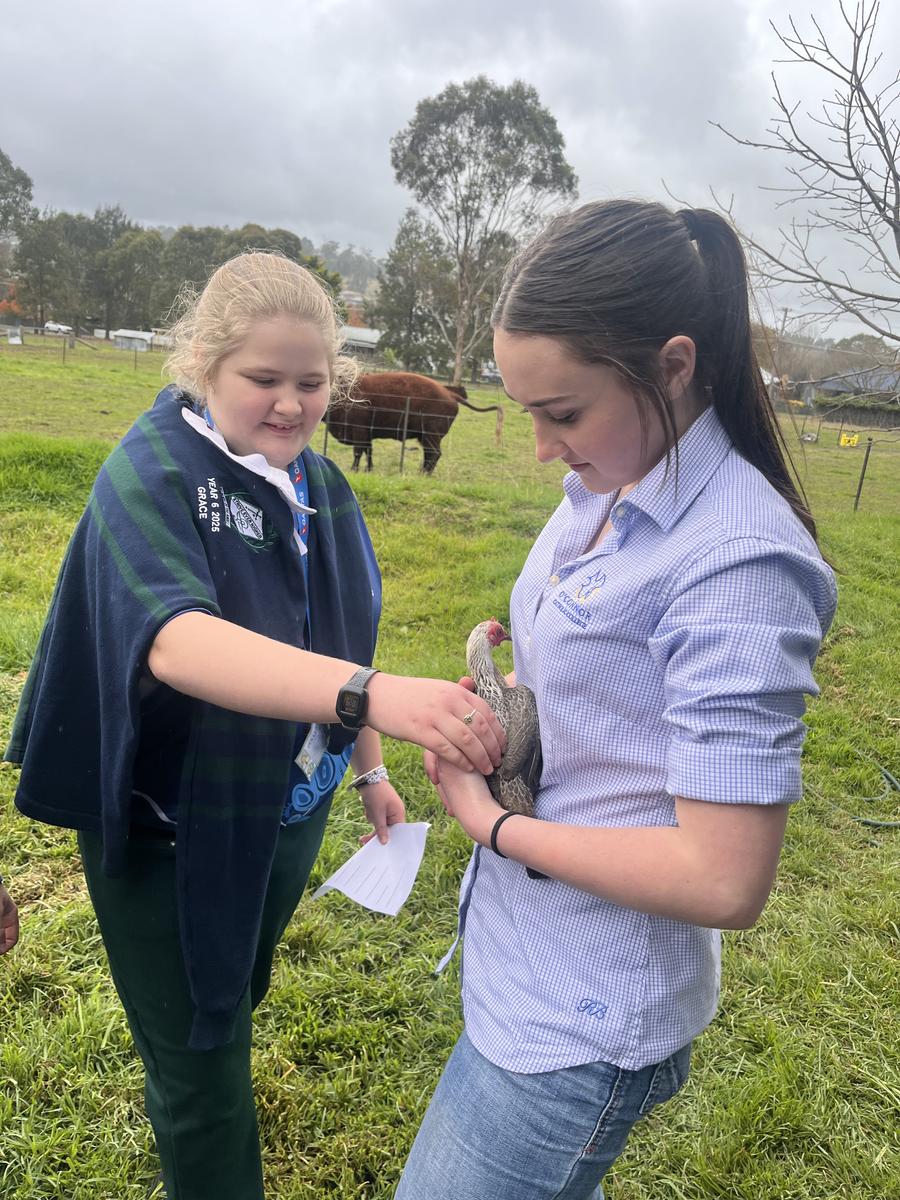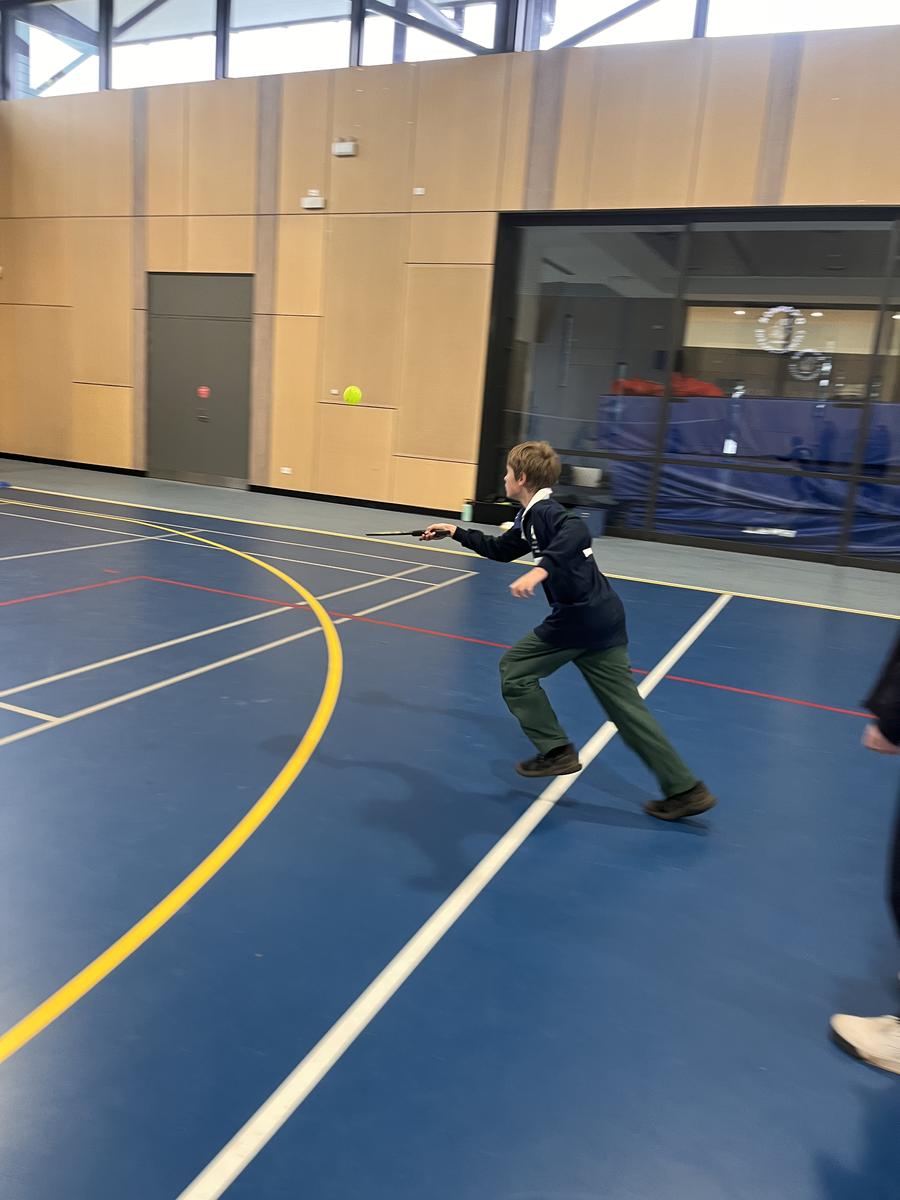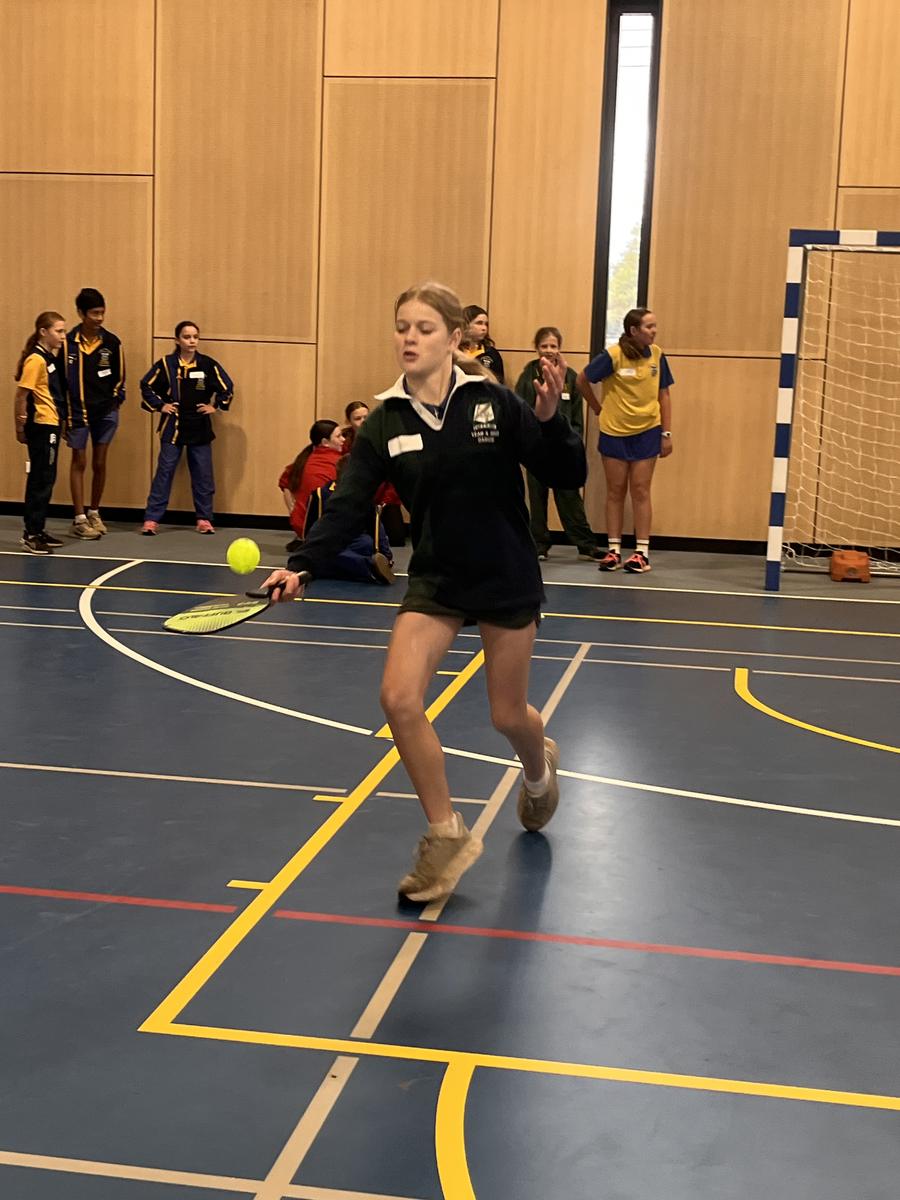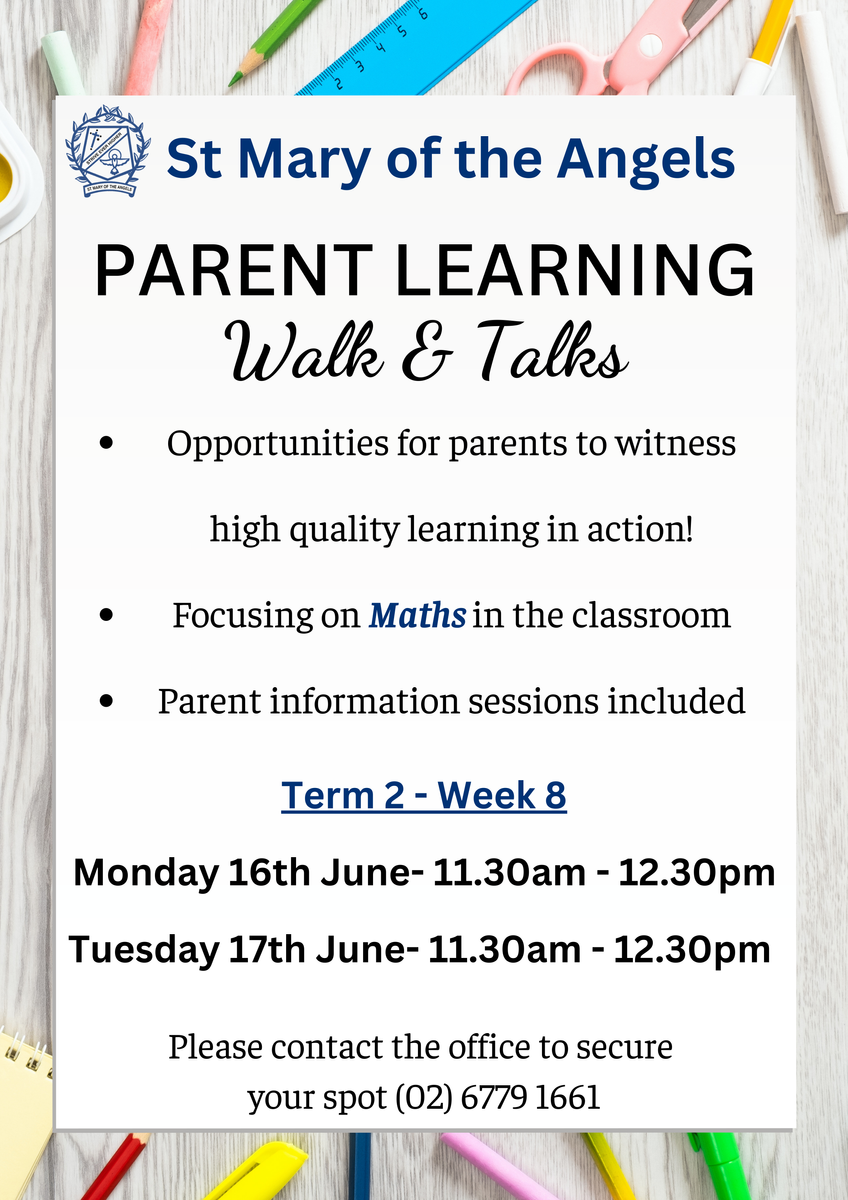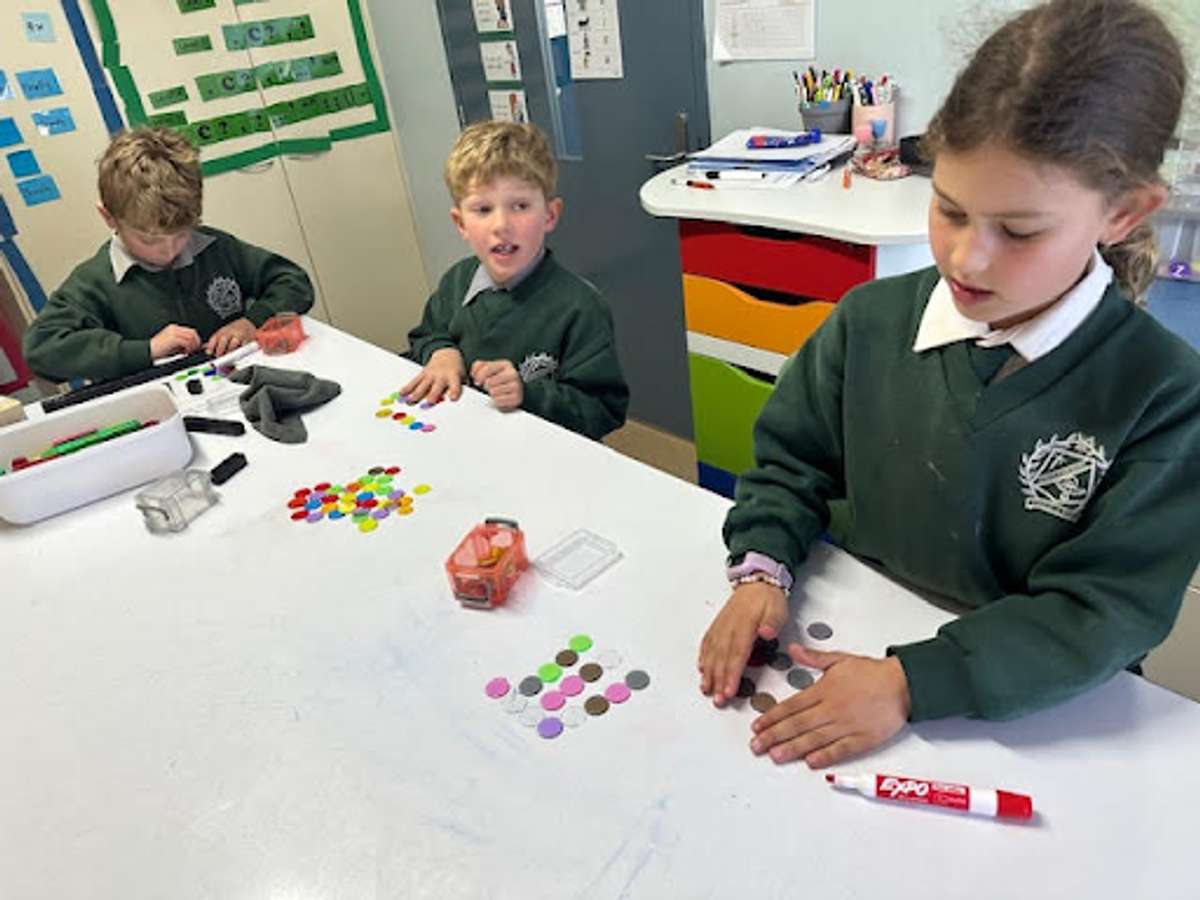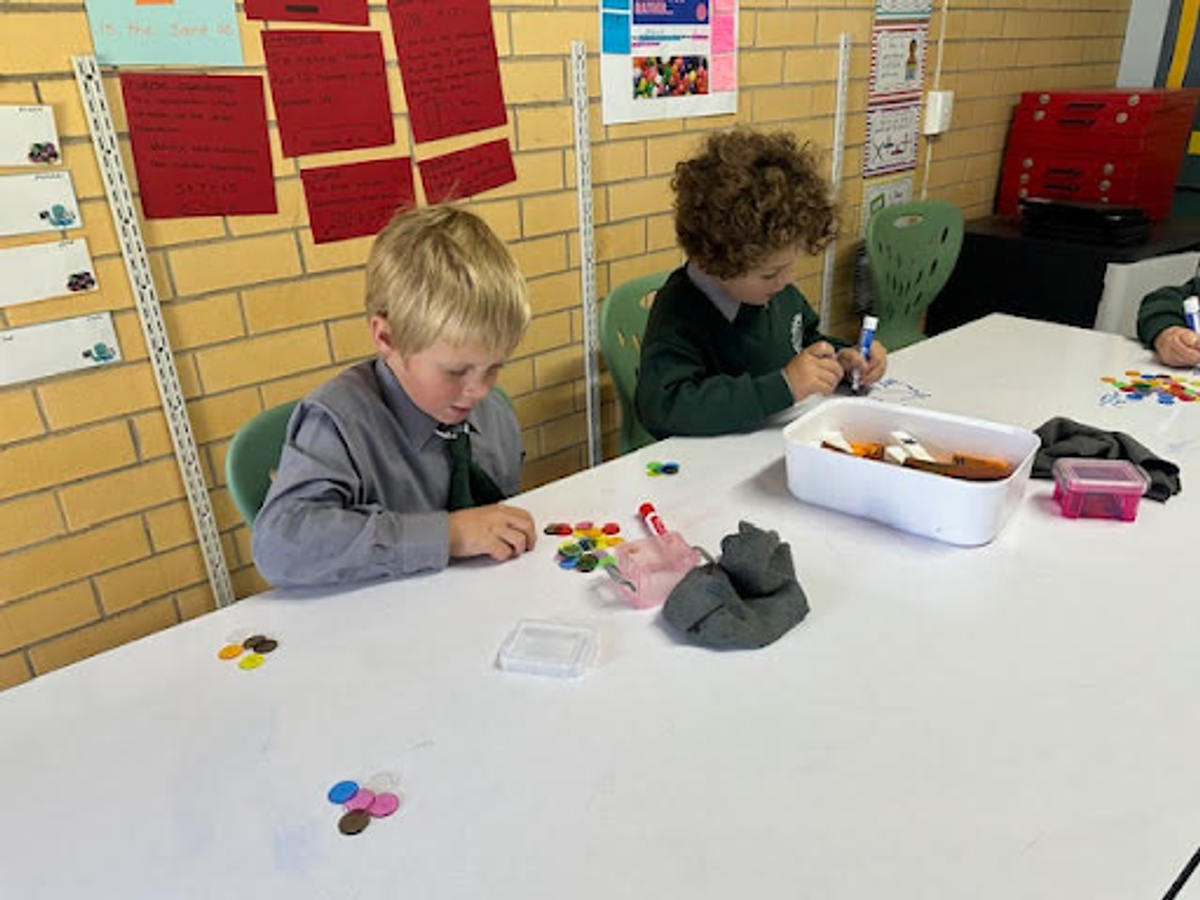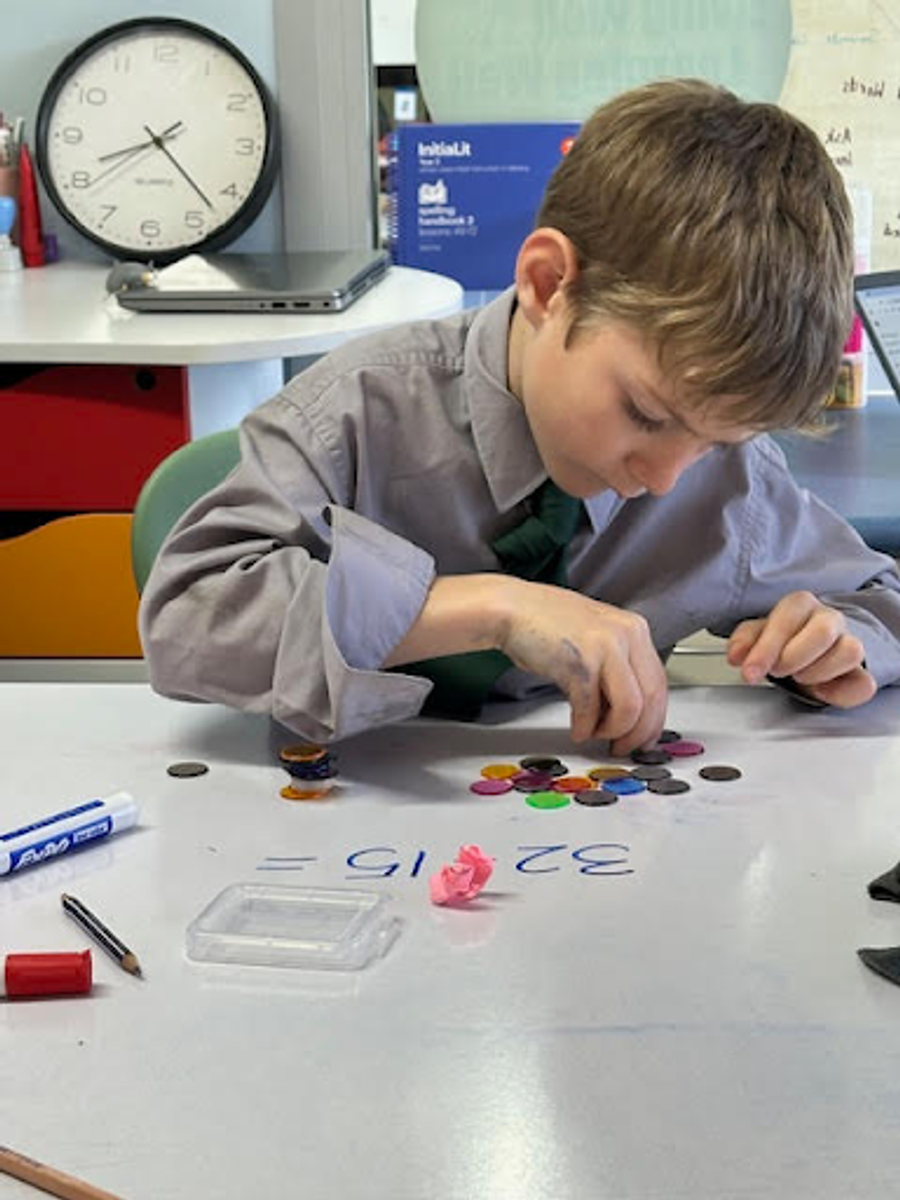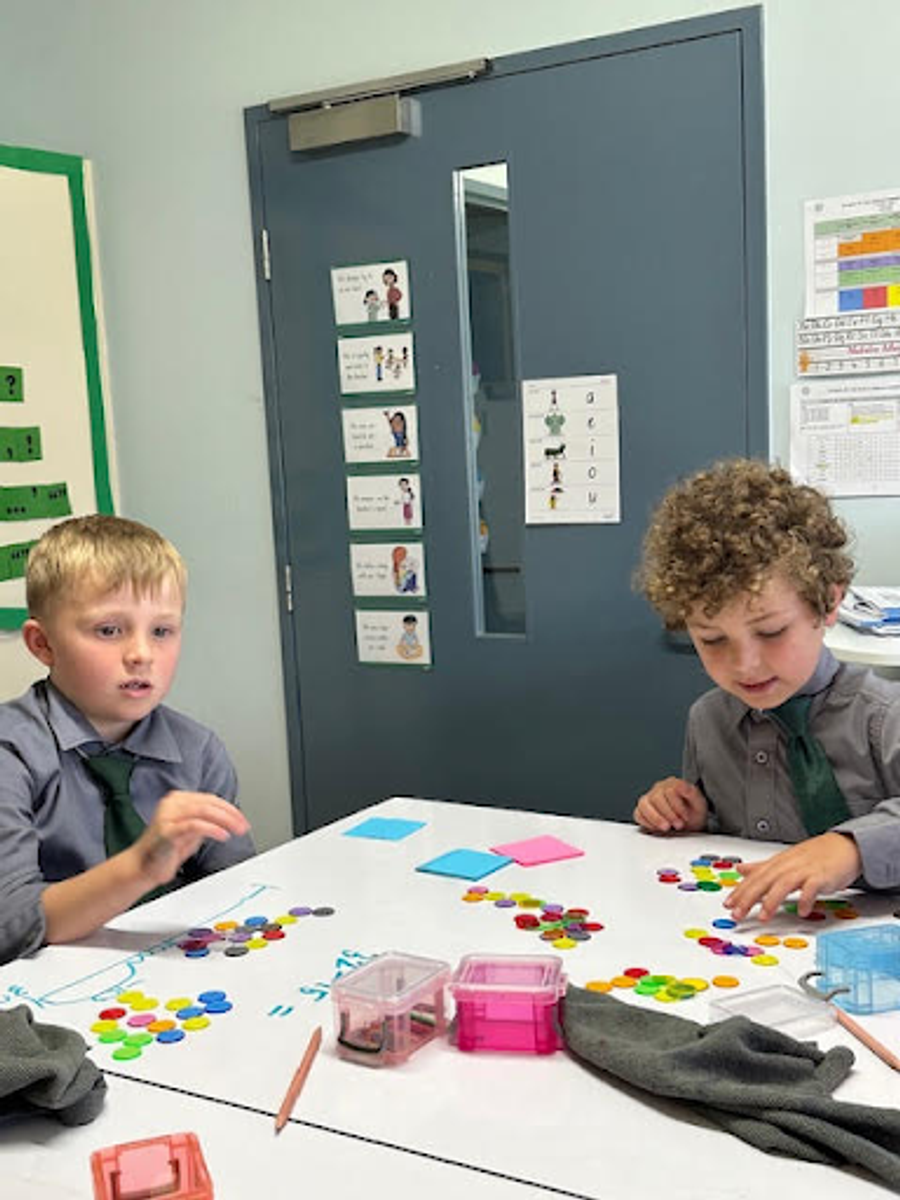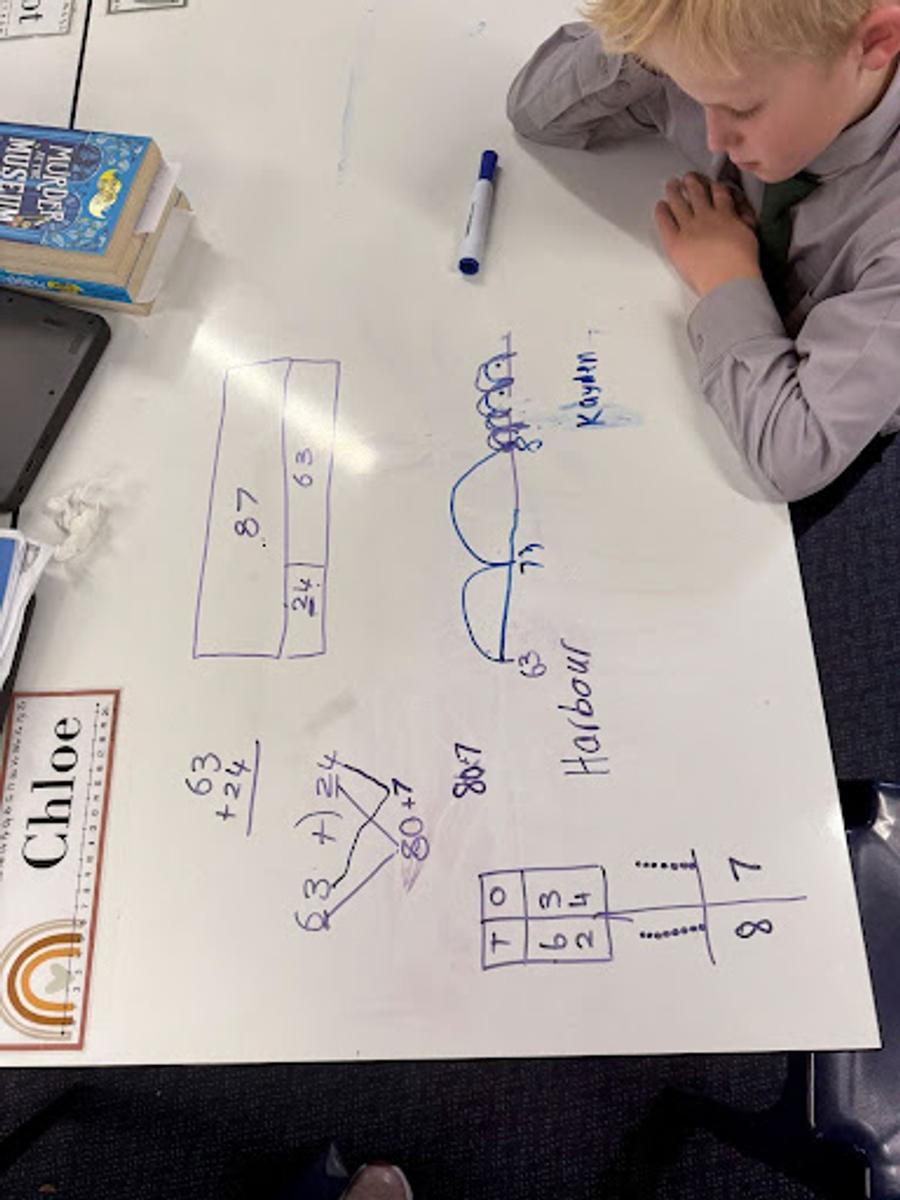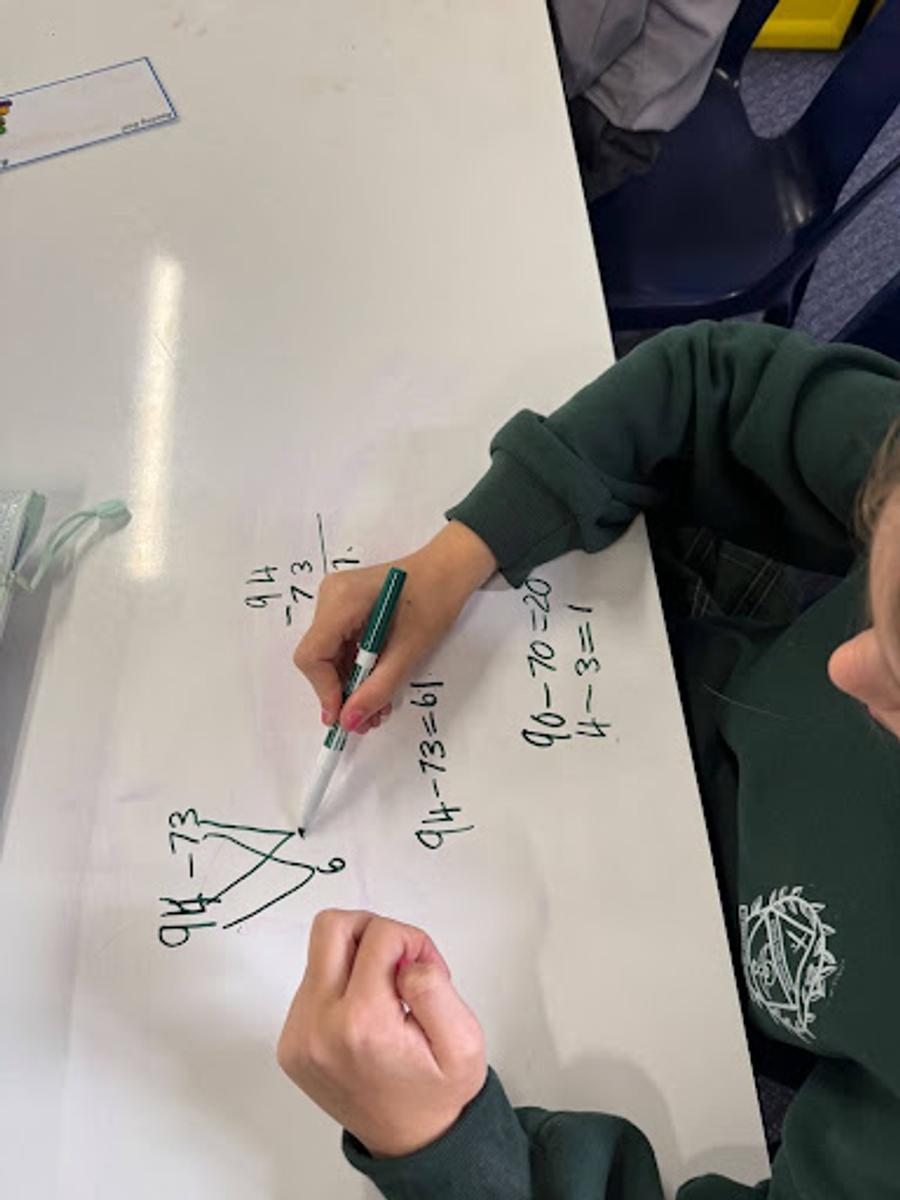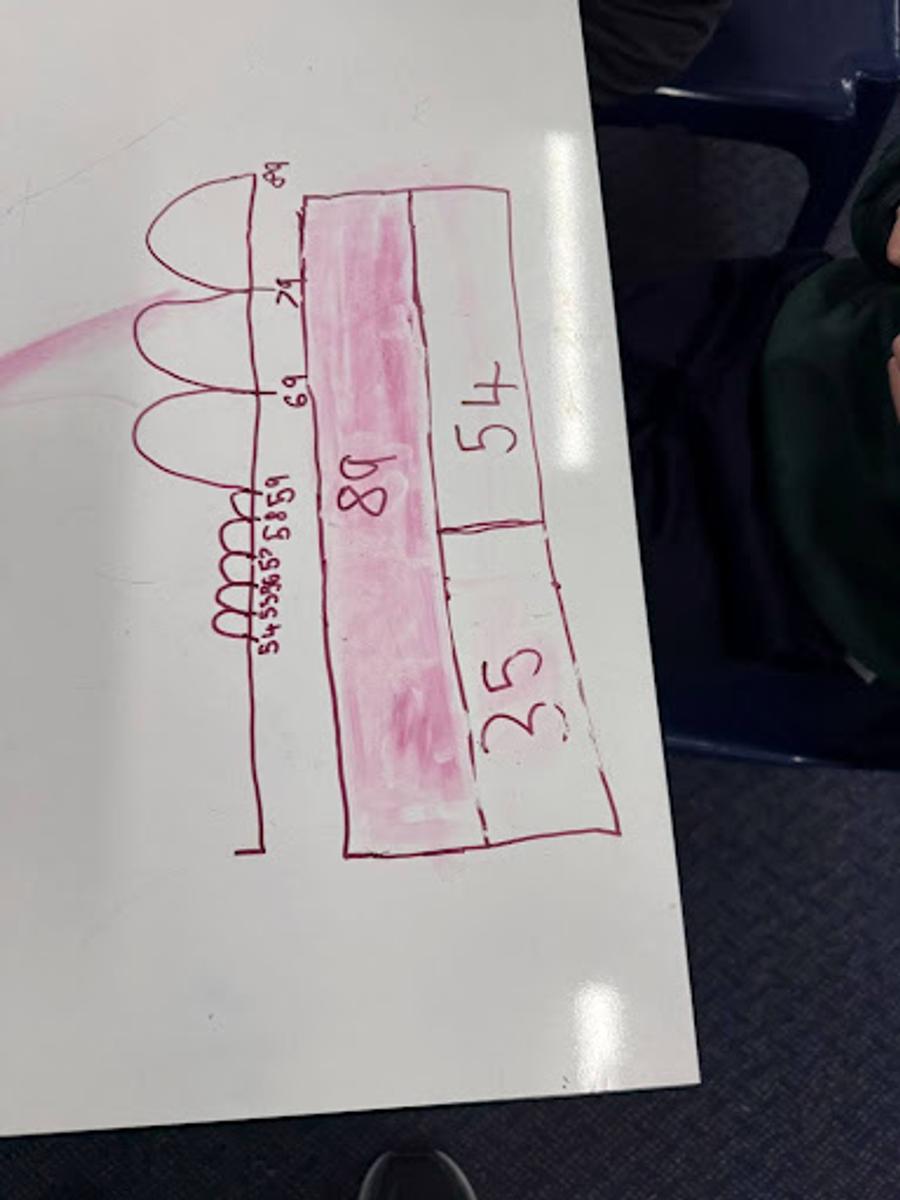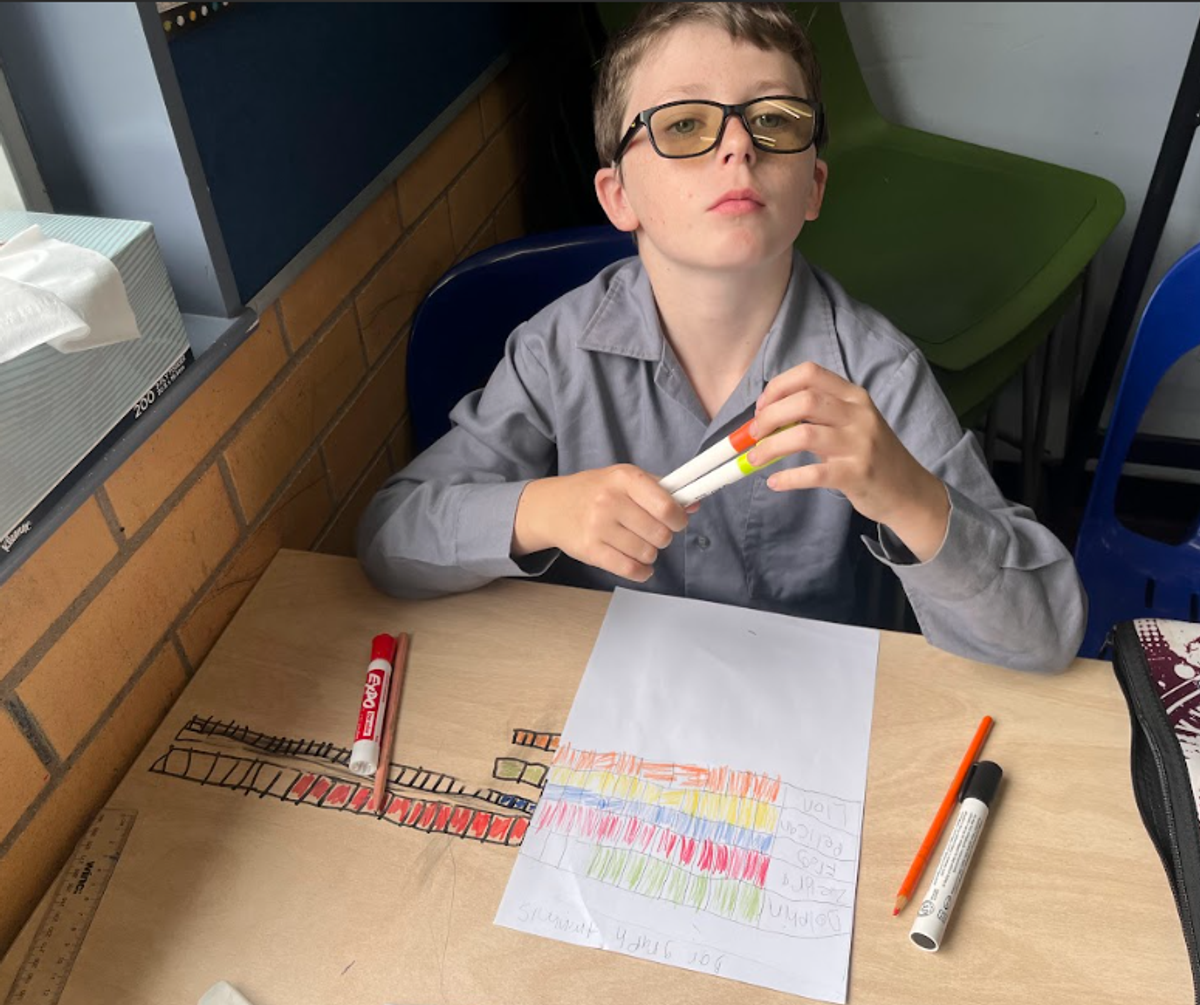The Learning Zone
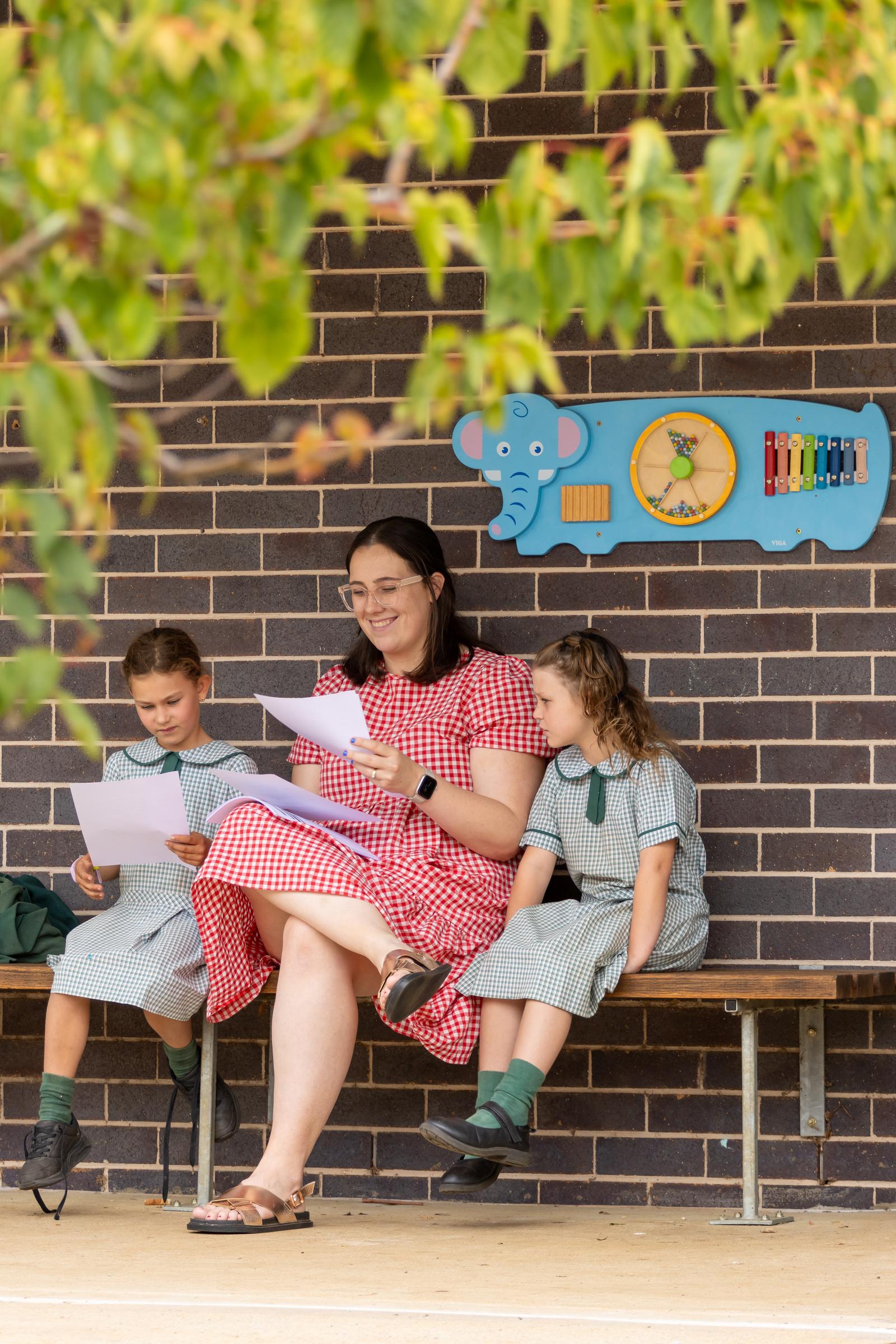
3-Way Learning Conferences (Parent - Teacher Interviews)
We will be holding Learning Conferences (Parent/ Teacher Interviews) on Monday 23rd June, Tuesday 24th June and Wednesday 25th June from 3.15pm - 5.45pm (week 9) to discuss your child's Semester Report. Bookings can be made via Compass or by contacting the front office. Please ensure you have booked a meeting time. If you would like any assistance, please contact the front office.
Progressive Achievement Tests (PAT)
Throughout Week 4, students in Stage 1, Stage 2 and Stage 3 completed their Semester 1 PAT Testing in Reading and Mathematics.
Schools use PAT testing to assess students' skills and track their academic progress in the key areas Reading and Mathematics. These standardised tests provide educators with valuable data to identify students’ strengths and areas for improvement, guide teaching strategies, and support targeted learning interventions. PAT testing helps ensure that students are developing the foundational skills needed for long-term educational success.
Comparing our results to Semester 2 2024, we have seen a large amount of growth in our Mathematics results.
Year 3 students
2024 Overall Growth Scale Score 62.0
2025 Overall Growth Scale Score 93.2
Year 4 students
2024 Overall Growth Scale Score 5.9
2025 Overall Growth Scale Score 41.4
Year 5 students
2024 Overall Growth Scale Score 16.9
2025 Overall Growth Scale Score 60.7
National Simultaneous Storytime 2025 - Colouring in competition winner🎉
Alex Gough-Johnston's colouring-in artwork was the winner of the National Simultaneous Storytime competition held by the Guyra Library. He won a copy of this years chosen story "The Truck Cat". Well done Alex!
O'Connor Catholic College Step Day Stage 3
This past Tuesday, our Year 6 students travelled to O'Connor Catholic College for a Step Day. They got to spend time with some very special ex-smota students as well as had the opportunity to meet new teachers and other students from a range of different local schools. Our students participated in a range of different lessons including science, AG, and sport!
Semester 1 Reports
Semester 1 Reports for your child will be sent home in Week 8 of Term 2.
The language in the report is consistent with the new guidelines from NESA - Reporting and Using Grades including:
the full range of grades can be used at any point in time in relation to what has been taught
the grade reported should reflect student achievement in relation to the syllabus outcomes for the relevant stage of learning
students in the first year of a stage are not restricted to lower grades
students do not need to be working beyond the syllabus for their stage to receive a grade A or B.
NESA also advises - when reporting grades before the end of a stage, teachers consider what has been taught up to that point in time to determine the grade that best matches the standards demonstrated so far. For example, a student in Year 3 should not be limited to a C, D or E grade just because they are at the beginning of a stage. Similarly, students do not need to be working beyond the syllabus for their stage to receive a grade A or B.
Page 2 of the reports indicates changes to the 5 point scale to reflect A - E grades rather than language used prior to NESA’s guidelines.
In addition to these Semester Reports, we will be holding Learning Conferences (Parent/ Teacher) on Monday 23rd June, Tuesday 24th June and Wednesday 25th June from 3.15pm - 5.45pm to discuss the Semester Report. Bookings can be made via Compass or by contacting the front office.
Please ensure an appointment time has been made and that you arrive in a timely manner.
Parent Learning Walk & Talks
Week 8 - Term 2
Week 6, Term 2
In Early Stage 1’s recent Mathematics unit on Representing Whole Numbers, students have been exploring how numbers work and how we use them in everyday life. Using hands-on materials like counters, ten frames, and number lines, they have been learning to count forwards and backwards, recognise numbers, and match them to quantities. The children have also been learning to read, write, and order numbers up to 30, and are beginning to understand that numbers can be made up of smaller parts (for example, 5 is made up of 2 and 3). These fun and engaging activities help to build a strong foundation for number sense and future learning in Maths.
Stage 1 students are currently exploring subtraction and learning different ways to understand and solve subtraction problems. They have been using concrete materials such as counters, number lines, and drawings to help them take away and find the difference between numbers. Students are learning to recognise subtraction as both “taking away” and “finding how many more,” and they are developing strategies to solve problems efficiently. These activities support their understanding of how subtraction is connected to addition and help build their confidence when working with numbers in everyday situations.
Stage 2 students have recently begun exploring multiplication and the different ways it can be represented and understood. They are learning that multiplication is a fast way of adding equal groups and are using hands-on materials, arrays, and number patterns to build this understanding. Students are starting to connect multiplication facts to real-life situations, such as counting rows of seats or groups of objects, and are beginning to recognise the relationship between multiplication and division. These learning experiences are helping to develop their number fluency and problem-solving skills in meaningful and engaging ways.
Stage 3 students have recently completed their unit on decimals and percentages, building a deeper understanding of how these concepts relate to fractions and real-world situations. They explored how decimals and percentages are used in everyday contexts, such as money, shopping discounts, and statistics. Students learned to read, write, and compare decimals, convert between fractions, decimals, and percentages, and solve a variety of problems using these skills. Through hands-on activities, discussions, and real-life examples, students developed confidence in using decimals and percentages to make sense of numbers in practical and meaningful ways.
